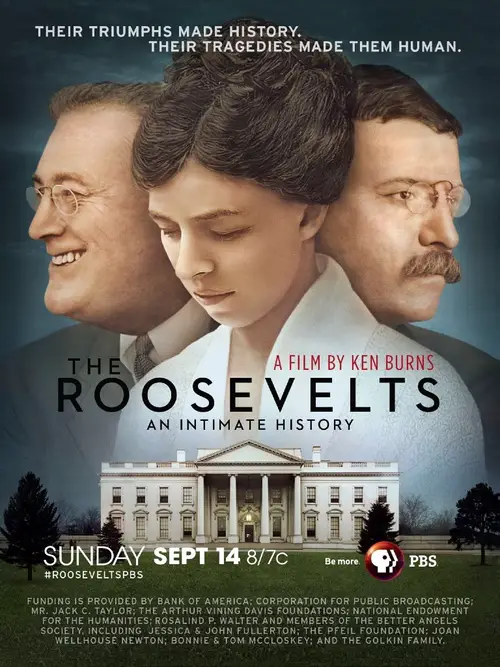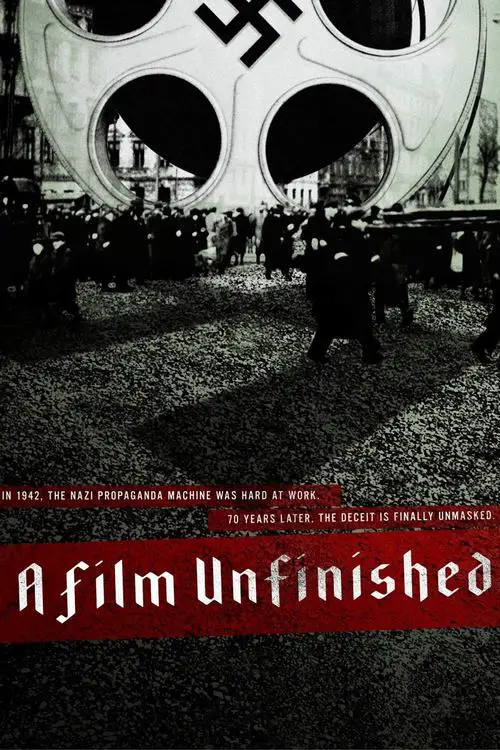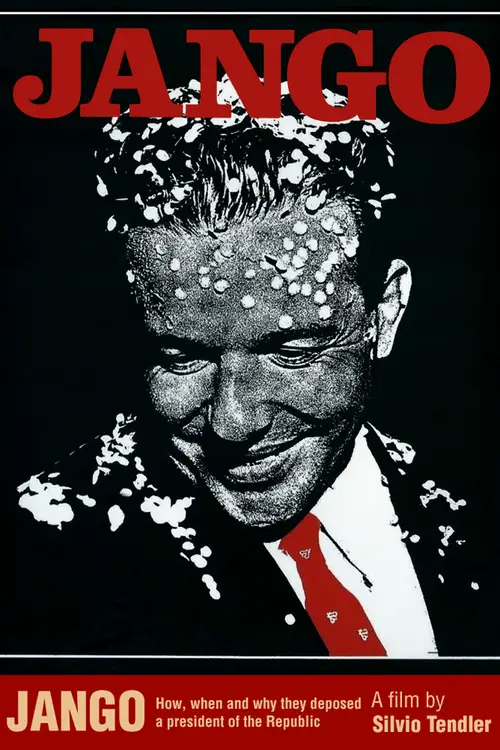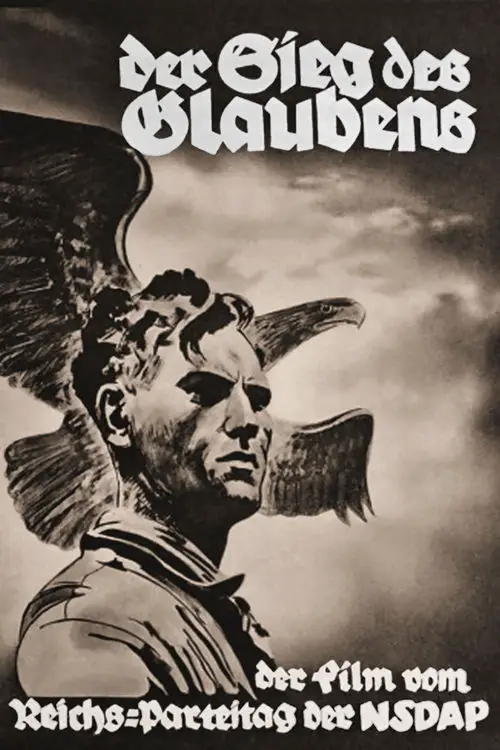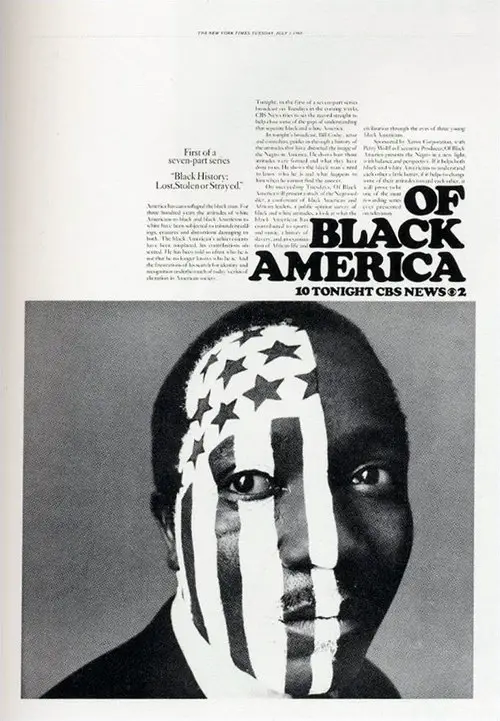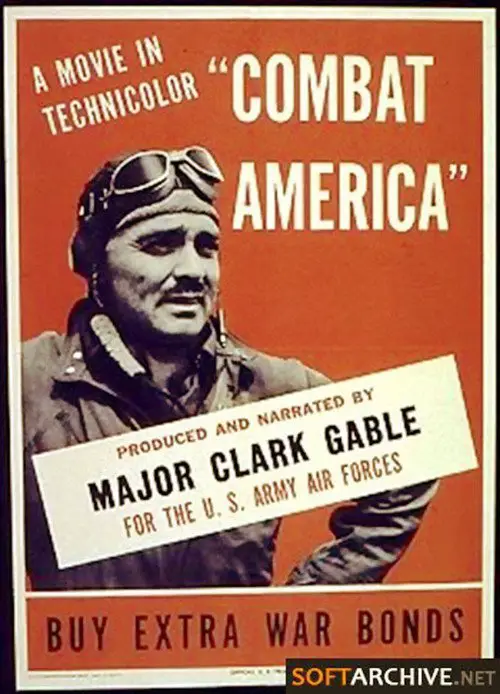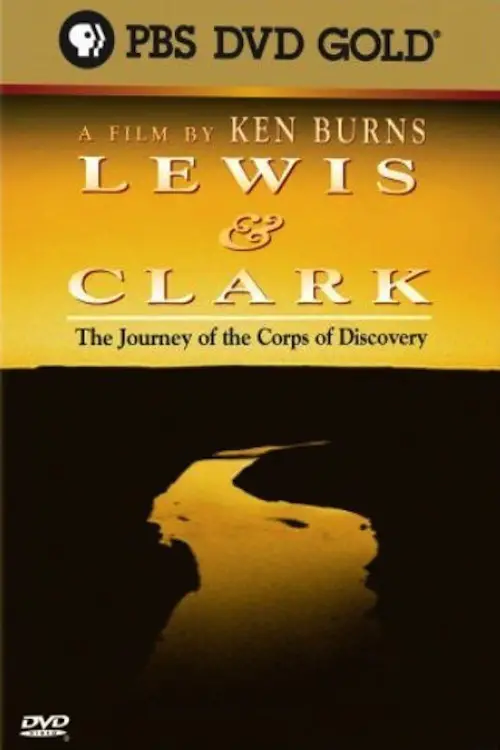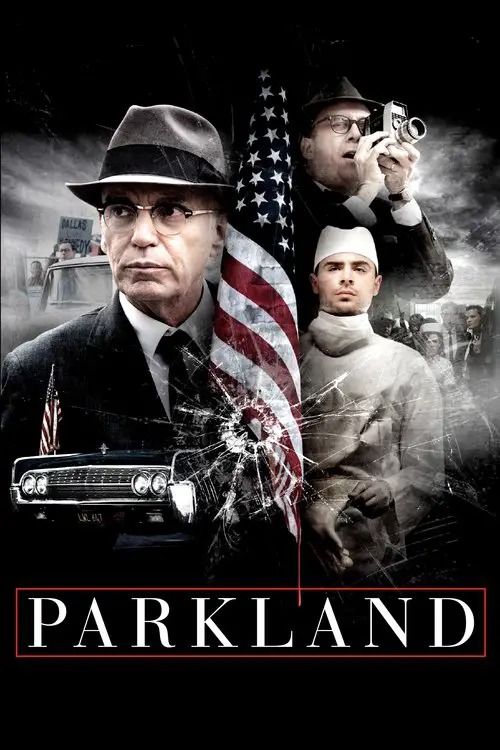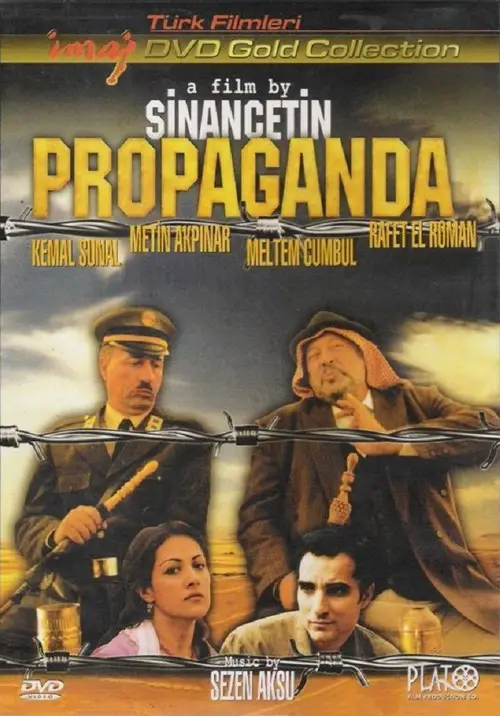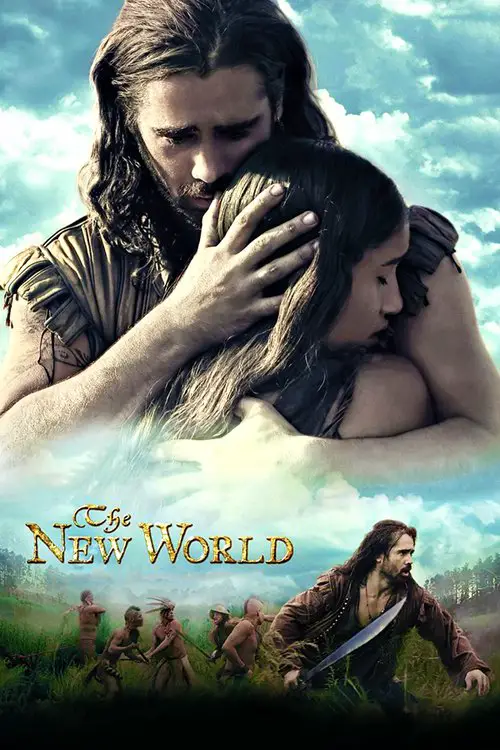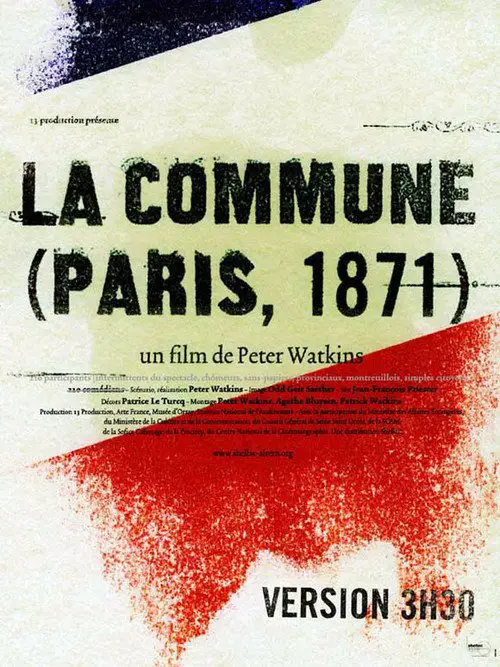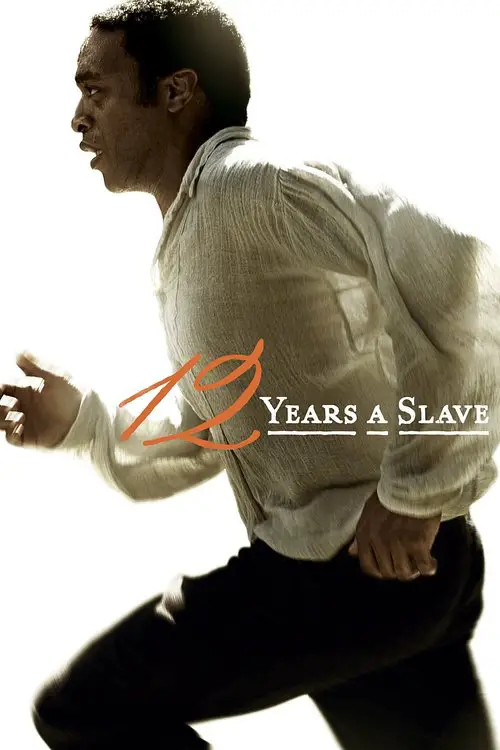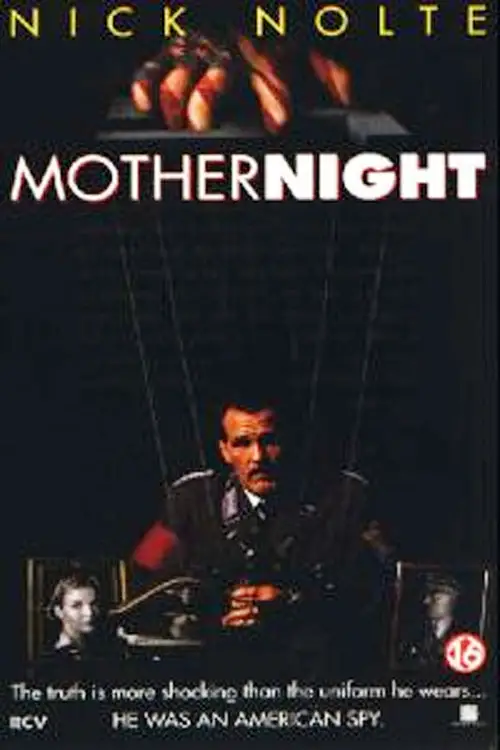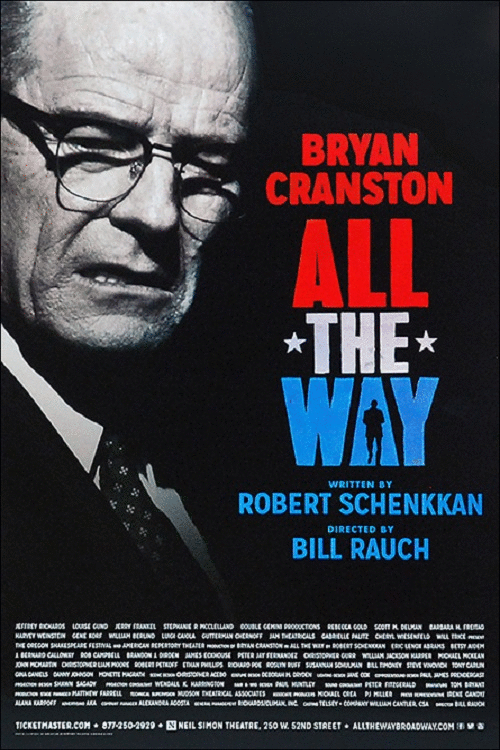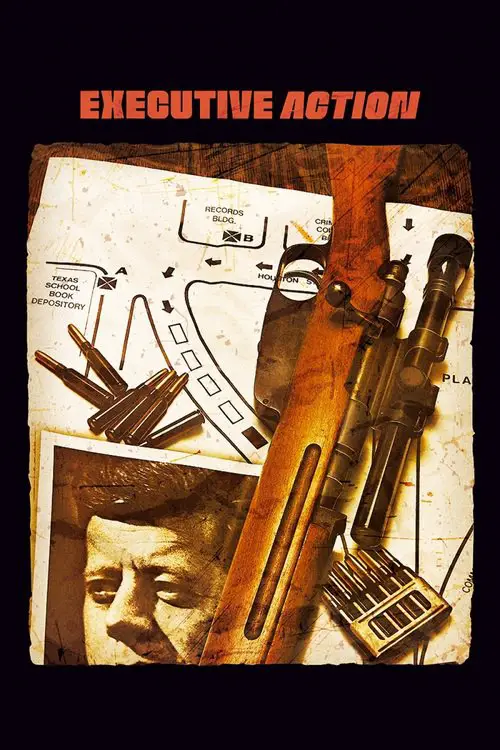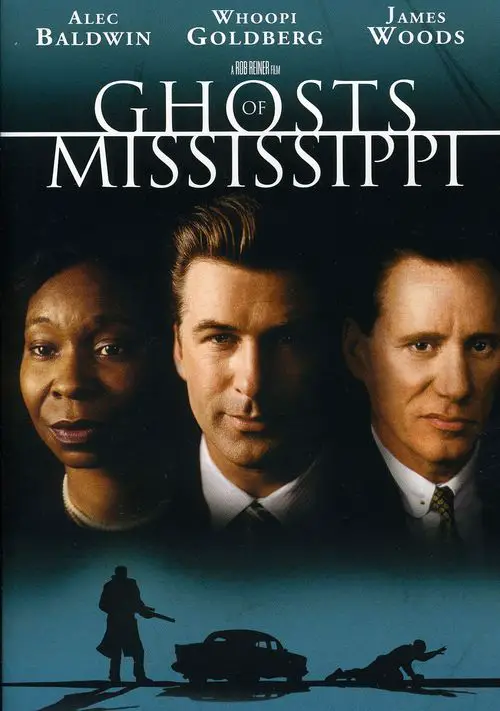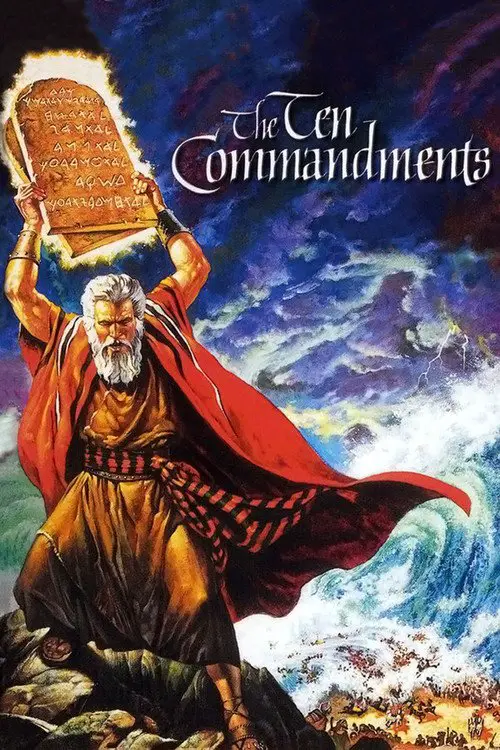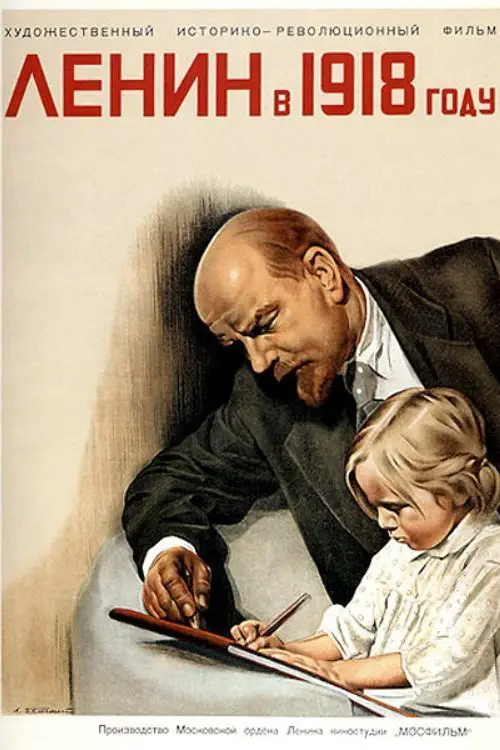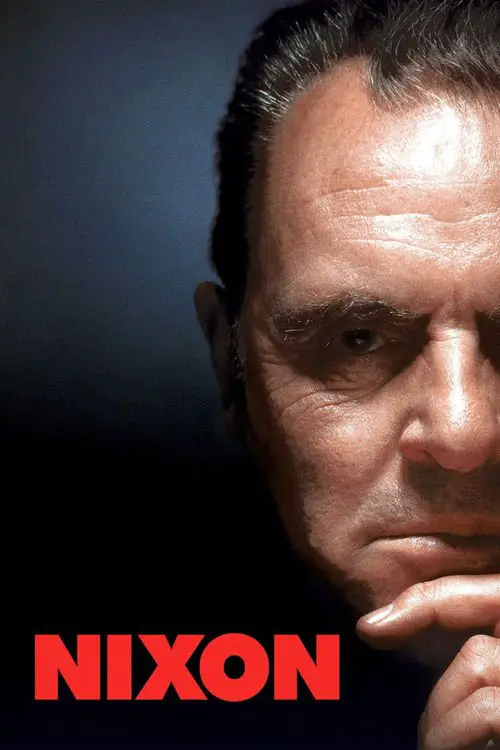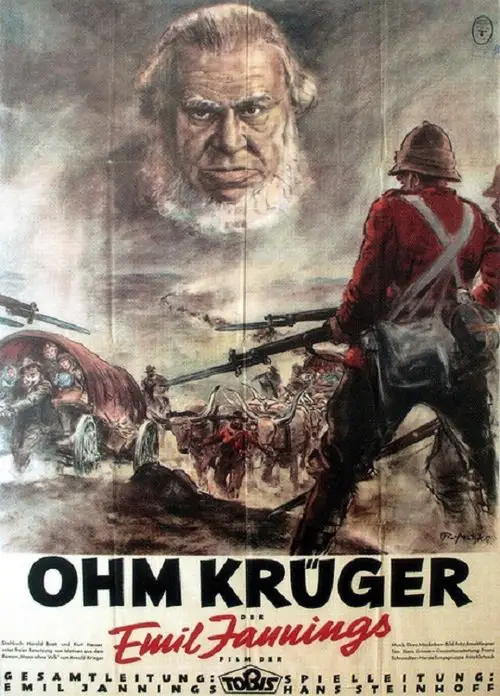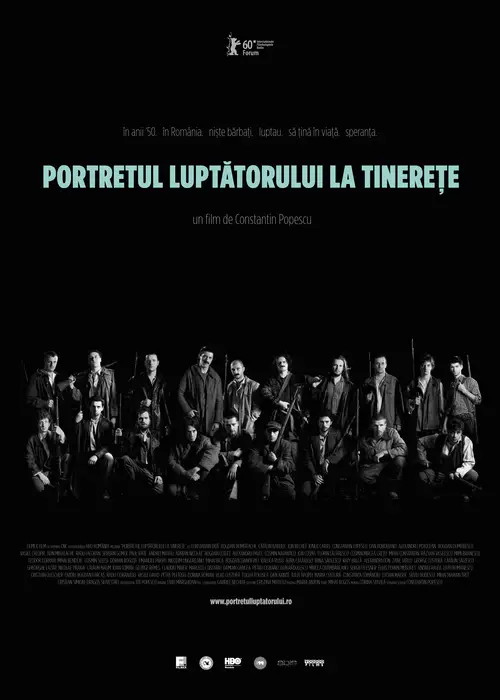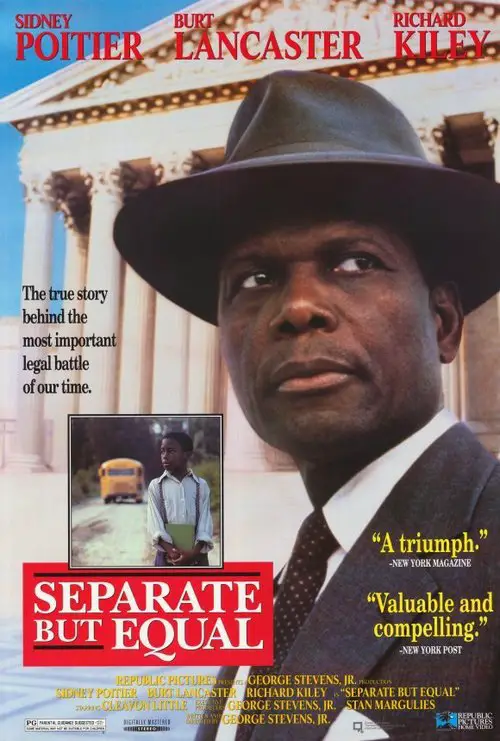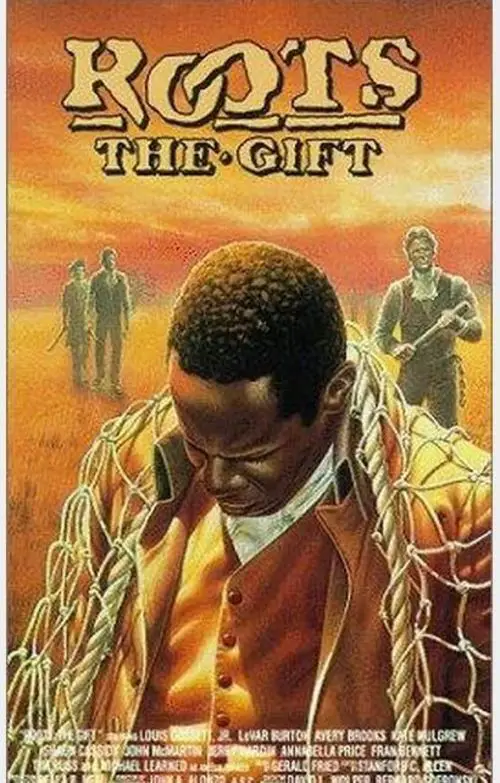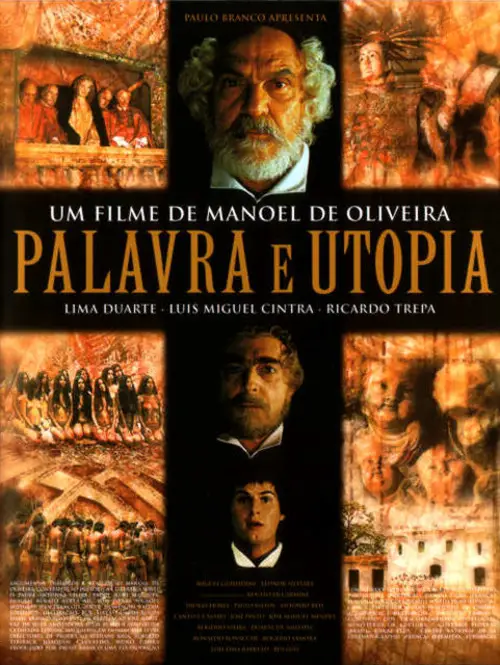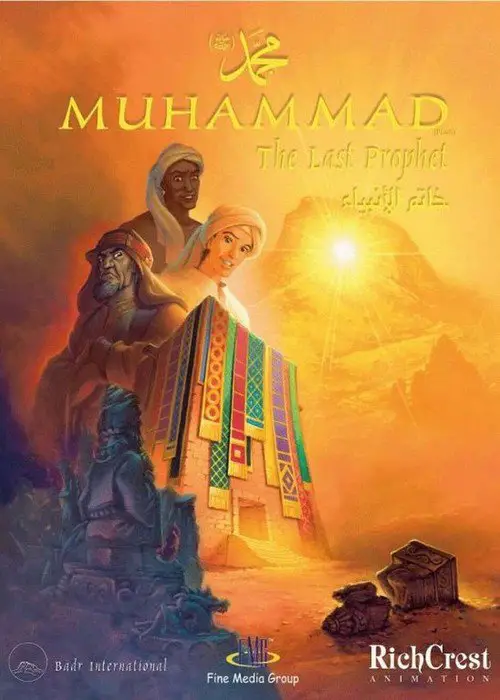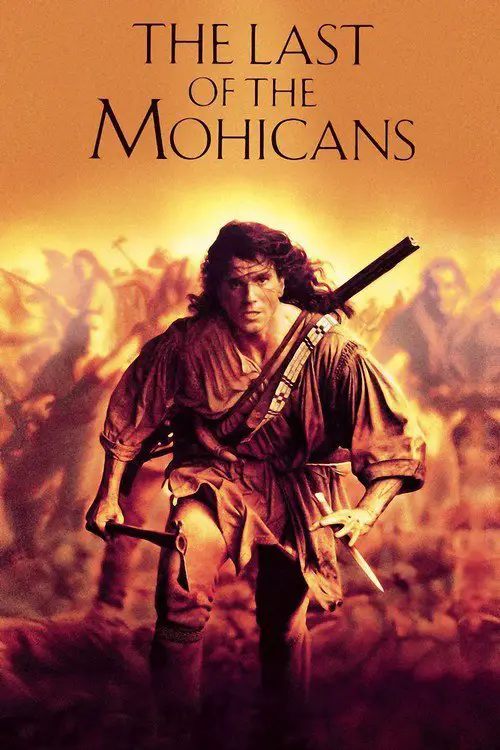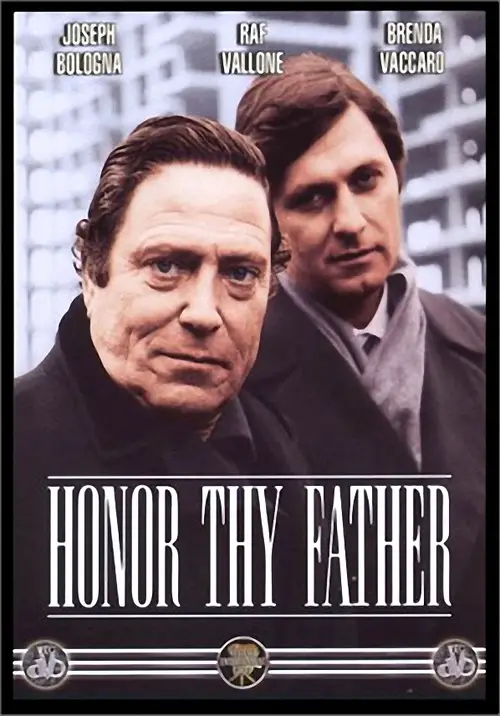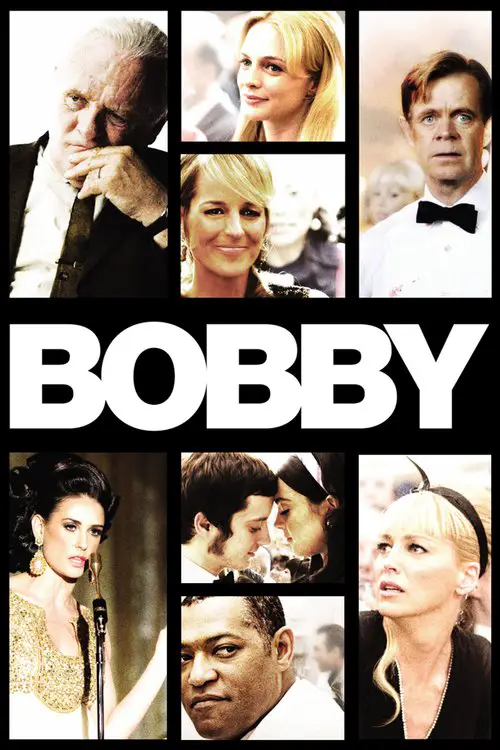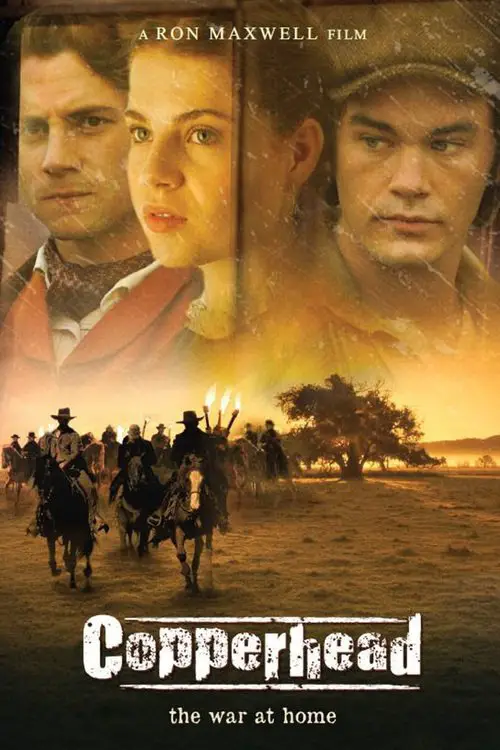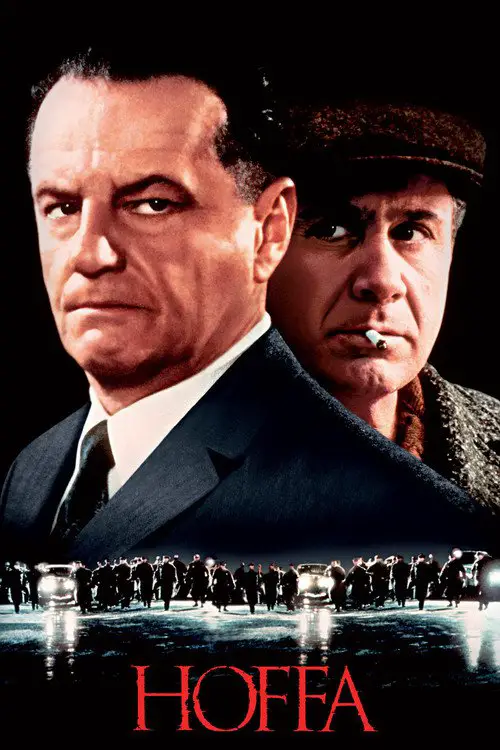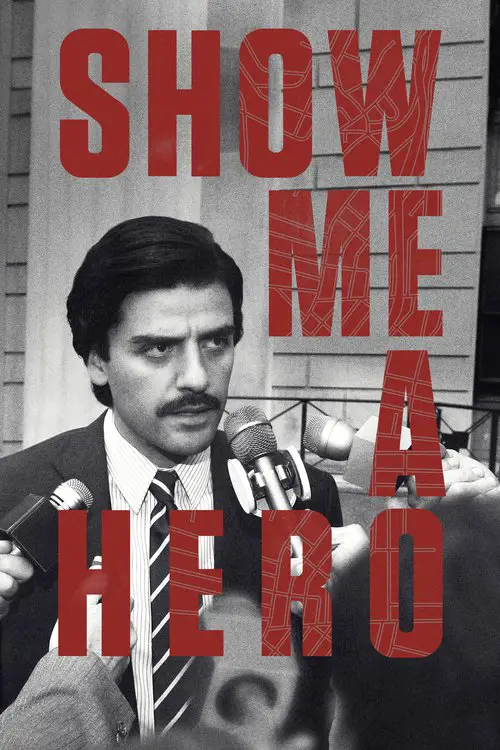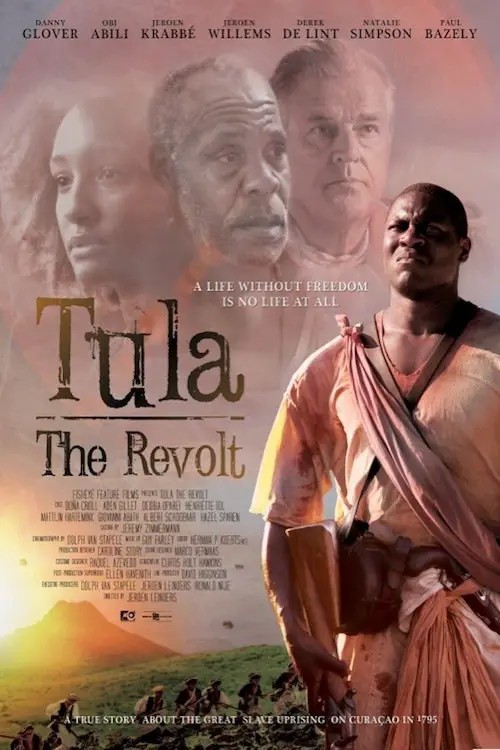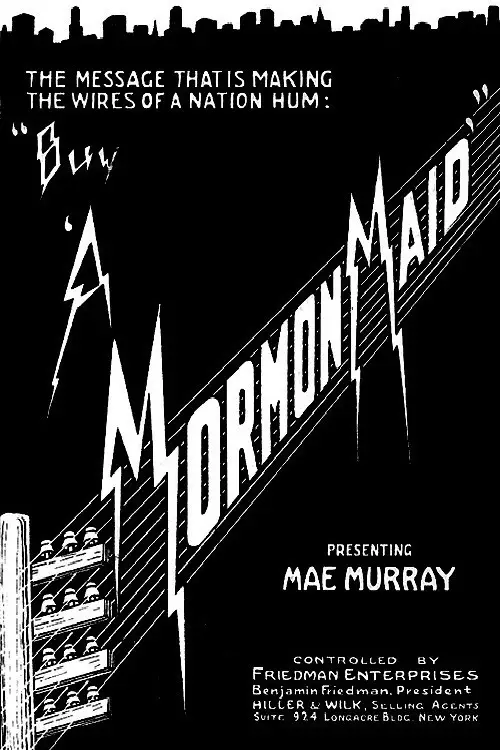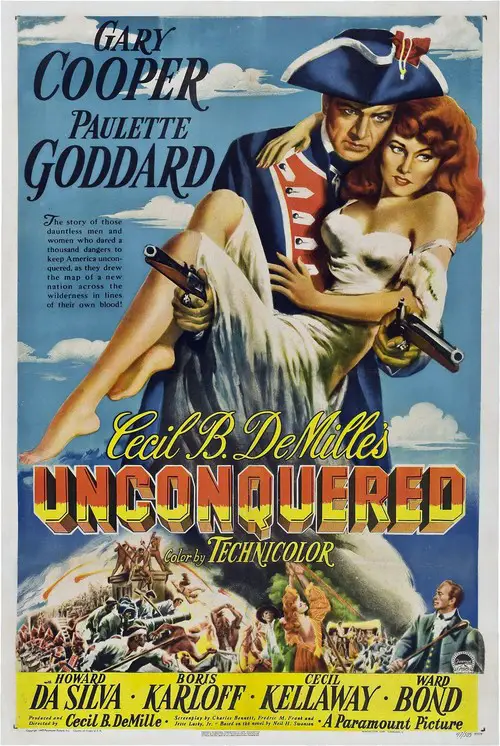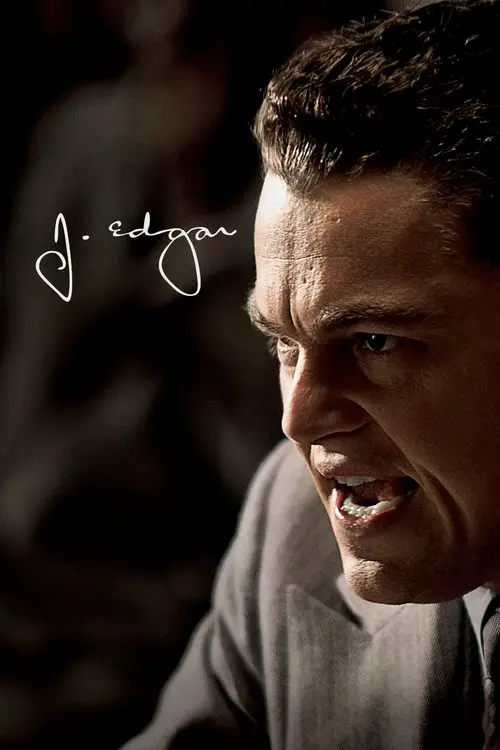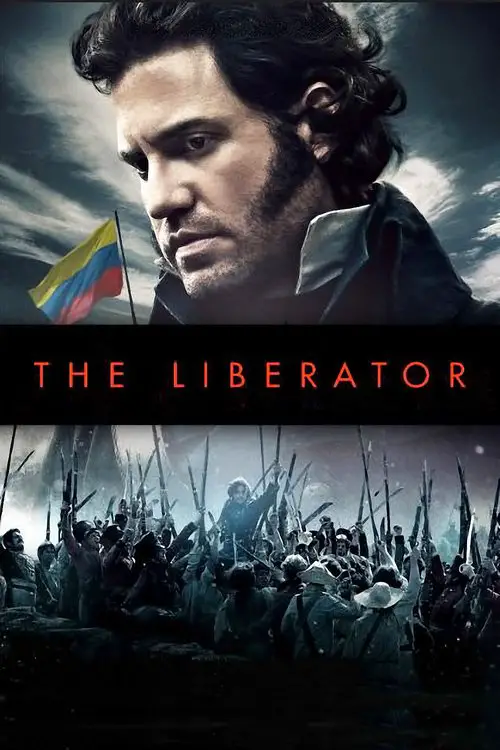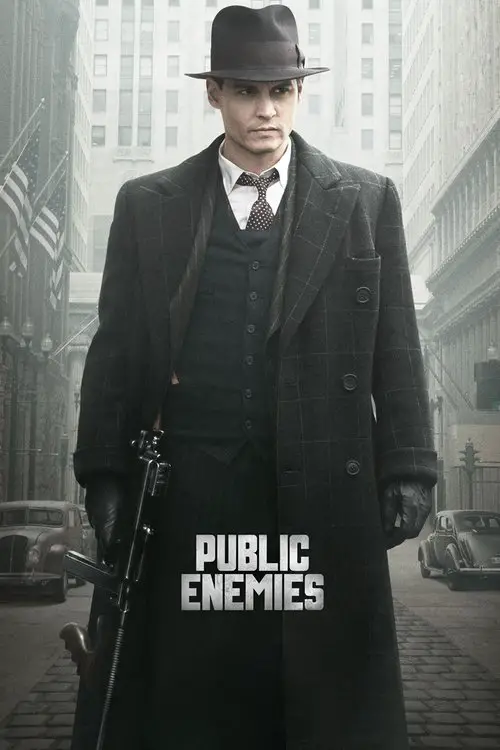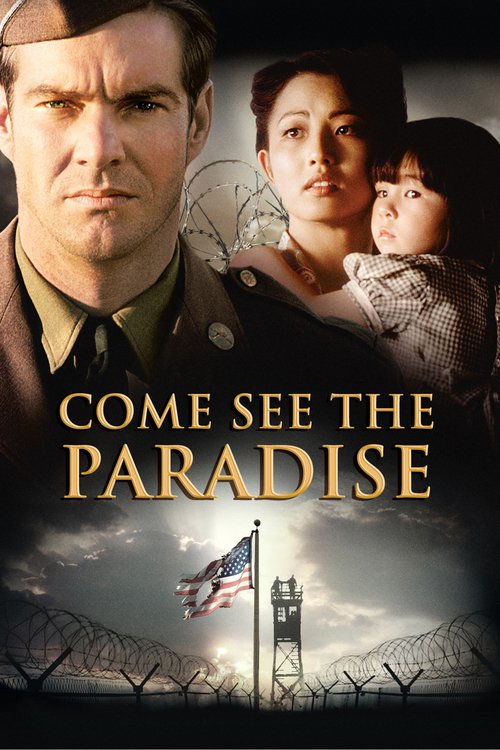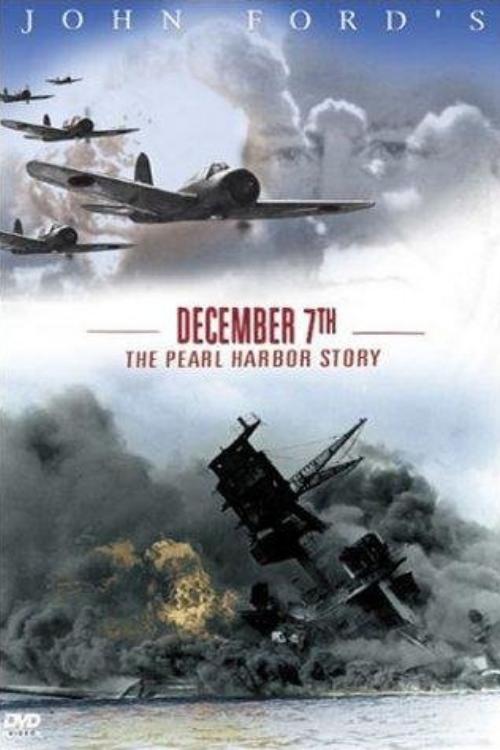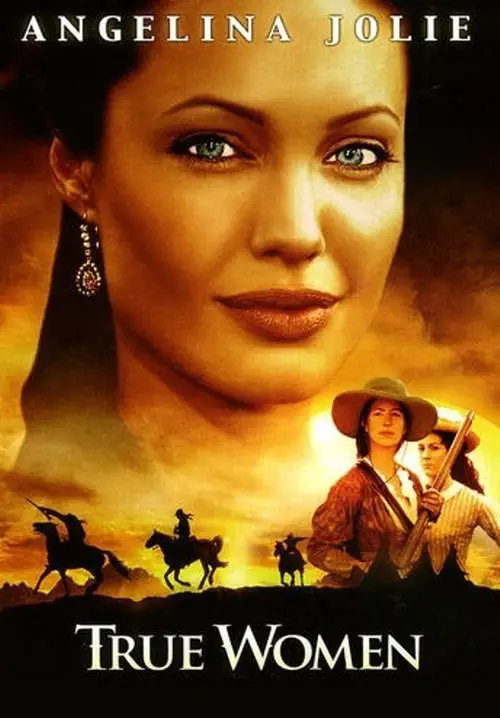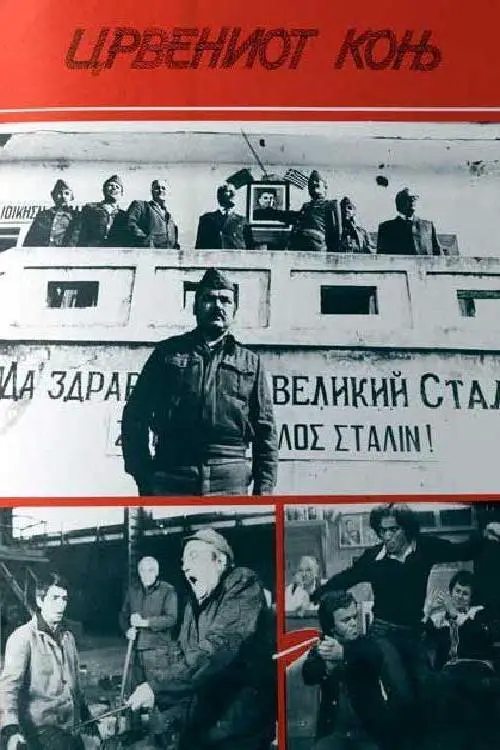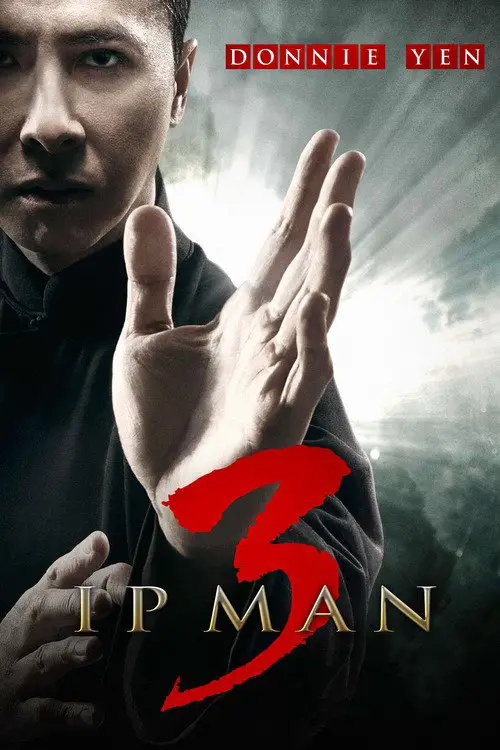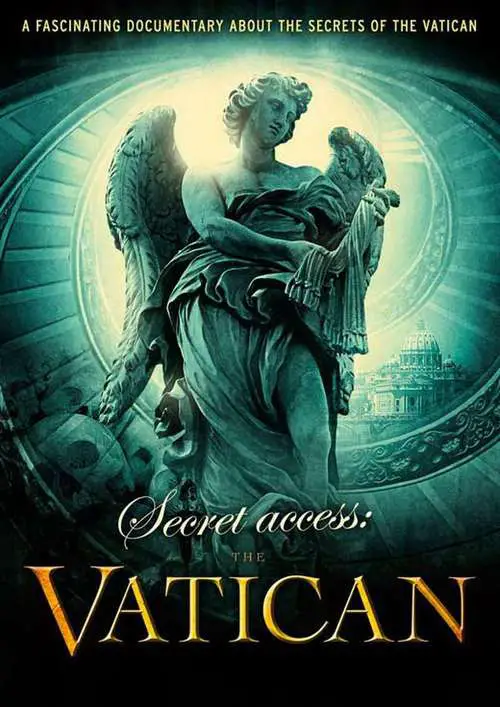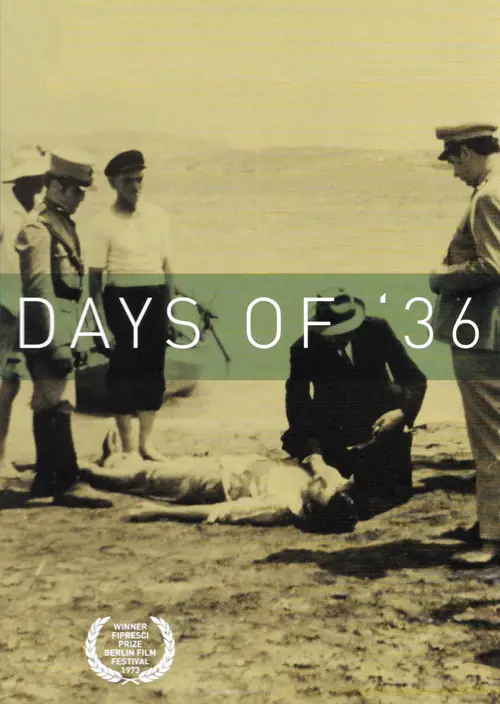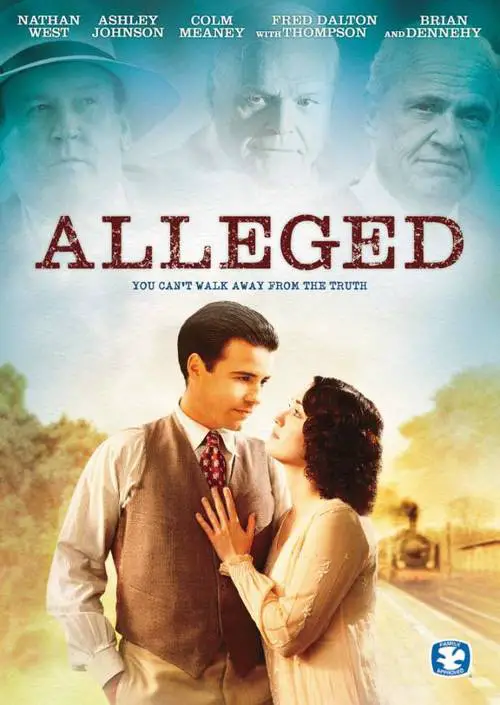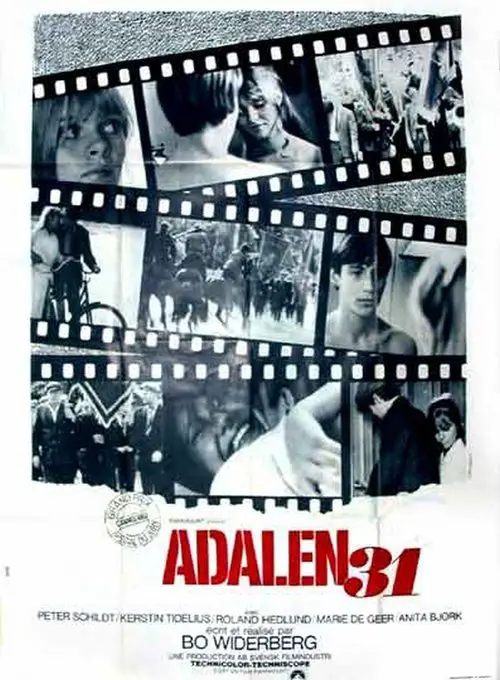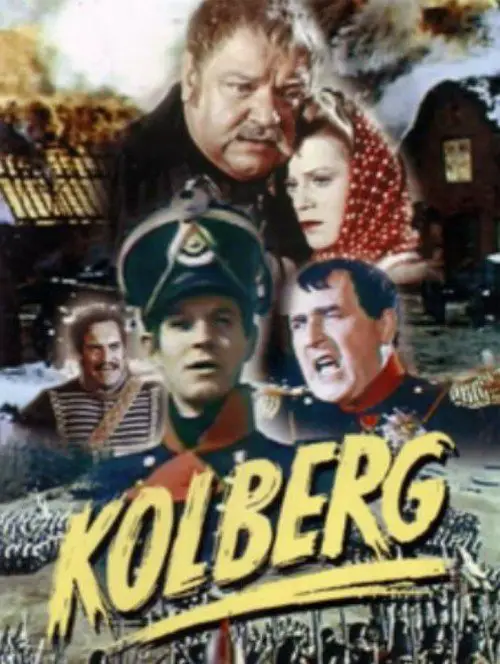Hillary's America: The Secret History of the Democratic Party (2016)
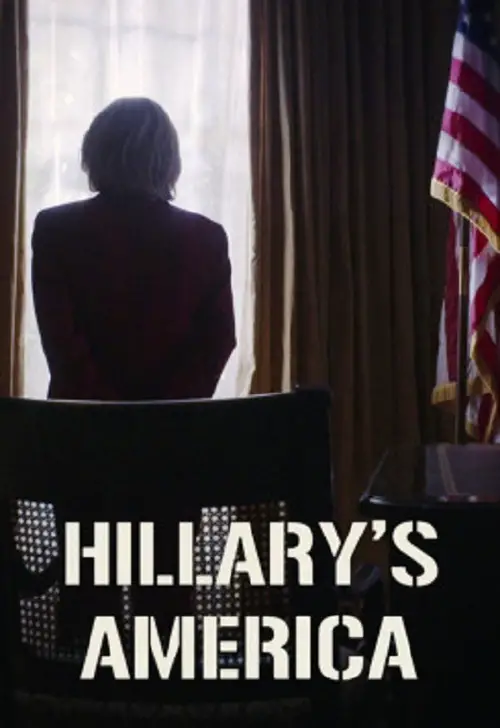
Similar movies
Prelude to War was the first film of Frank Capra's Why We Fight propaganda film series, commissioned by the Pentagon and George C. Marshall. It was made to convince American troops of the necessity of combating the Axis Powers during World War II. This film examines the differences between democratic and fascist states.
Yael Hersonski's powerful documentary achieves a remarkable feat through its penetrating look at another film-the now-infamous Nazi-produced film about the Warsaw Ghetto. Discovered after the war, the unfinished work, with no soundtrack, quickly became a resource for historians seeking an authentic record, despite its elaborate propagandistic construction. The later discovery of a long-missing reel complicated earlier readings, showing the manipulations of camera crews in these "everyday" scenes. Well-heeled Jews attending elegant dinners and theatricals (while callously stepping over the dead bodies of compatriots) now appeared as unwilling, but complicit, actors, alternately fearful and in denial of their looming fate.
Der Sieg des Glaubens (English: Victory of Faith) (1933) is the first documentary film directed by Leni Riefenstahl, who was hired despite opposition from Nazi officials that resented employing a woman â and a non-Party member too. Her film recounts the Fifth Party Rally of the Nazi Party, which occurred in Nuremberg from 30 August to 3 September 1933.
Did you know that the first open-heart surgery was performed by a Black doctor, Daniel Hale Williams? Not many people did in 1968, the year this eye-opening film, narrated by Bill Cosby, was first released. Many still don't today. "Black History: Lost, Stolen or Strayed" reviews the numerous contributions of African-Americans to the development of the United States. From the perspective of the turbulent late 1960s, the fact that their positive roles had not generally been taught as part of American history, coupled with the pervasiveness of derogatory stereotypes, was evidence of how Black people had long been victims of negative attitudes and ignorance. Viewing this film today offers students and adults an opportunity to explore their own perspectives - to examine how things have changed in their lives and those of their parents, as well as how troubling stereotypes still persist four decades later.
Sent by President Thomas Jefferson to find the fabled Northwest Passage, Meriwether Lewis and William Clark led the most important expedition in American historyâ a voyage of danger and discovery from St. Louis to the headwaters of the Missouri River, over the Continental Divide to the Pacific. It was the United States' first exploration of the West and one of the nation's most enduring adventures. This extraordinary film tells the remarkable story of the entire Corps of Discoveryâ not just the two famous Captains, but the young army men, French-Canadian boatmen, Clark's African-American slave, and the Shoshone woman named Sacagawea, who brought along her infant son. Journey with them all, across a breath-taking landscape in an unforgettable experience that explores both the historyâ and promiseâ of America.
November 22nd, 1963 was a day that changed the world forever â when young American President John F. Kennedy was assassinated in Dallas, Texas. This film follows, almost in real time, a handful of individuals forced to make split-second decisions after an event that would change their lives and forever alter the worldâs landscape.
Based on a true story set in 1948, customs officer Mehti is faced with the duty of formally setting up the border between Turkey and Syria, dividing his hometown. He is unaware of the pain that will eminently unfold, as families, languages, cultures and lovers are both ripped apart and clash head on in a village once united.
We are in the year 1871. A journalist for Versailles Television broadcasts a soothing and official view of events while a Commune television is set up to provide the perspectives of the Paris rebels. On a stage-like set, more than 200 actors interpret characters of the Commune, especially the Popincourt neighbourhood in the XIth arrondissement. They voice their own thoughts and feelings concerning the social and political reforms. The scenes consist mainly of long camera takes.
In the pre-Civil War United States, Solomon Northup, a free black man from upstate New York, is abducted and sold into slavery. Facing cruelty as well as unexpected kindnesses Solomon struggles not only to stay alive, but to retain his dignity. In the twelfth year of his unforgettable odyssey, Solomonâs chance meeting with a Canadian abolitionist will forever alter his life.
In 1839, the slave ship Amistad set sail from Cuba to America. During the long trip, Cinque leads the slaves in an unprecedented uprising. They are then held prisoner in Connecticut, and their release becomes the subject of heated debate. Freed slave Theodore Joadson wants Cinque and the others exonerated and recruits property lawyer Roger Baldwin to help his case. Eventually, John Quincy Adams also becomes an ally.
The Birth of A Nation is a silent film from 1915 and the highest grossing silent film in film history. The film tells a romance story during the American civil war. Director Griffith created many new camera effects and innovations in filming the movie. Way ahead of it's time in many regards. That said this movie will offend most people today. The very negative portrayal of newly freed slaves (mostly white actors in black face) went on to create and propagate negative images of blacks of the early 20th century in the Unites States. This film was used as a recruiting propaganda by the KKK until the 1940's.
Spartacus is a 1960 American historical drama film directed by Stanley Kubrick and based on the novel of the same name by Howard Fast about the historical life of Spartacus and the Third Servile War. The film stars Kirk Douglas as the rebellious slave Spartacus who leads a violent revolt against the decadent Roman empire. The film was awarded four Oscars and stands today as one of the greatest classics of the Sword and Sandal genre.
Ghosts of Mississippi is a drama covering the final trial of the assassin, Bryon De La Beckwith (Woods), of the 60s civil rights leader Medgar Evers. It begins with the murder and the events surrounding the two initial trials which both ended in a hung jury. The movie then covers District Attorney, Bobby DeLaughters (Baldwin) transformation and alliance with Myrlie Evers (Goldberg), wife of Medgar Evers, of the, as he becomes more involved with bringing Beckwith to trial for the third time 30 years later. Some of the characters are played by the actual participants in this story.
In the run-up to the 1972 elections, Washington Post reporter Bob Woodward covers what seems to be a minor break-in at the Democratic Party National headquarters. He is surprised to find top lawyers already on the defense case, and the discovery of names and addresses of Republican fund organizers on the accused further arouses his suspicions. The editor of the Post is prepared to run with the story and assigns Woodward and Carl Bernstein to it. They find the trail leading higher and higher in the Republican Party, and eventually into the White House itself.
Based on the book by John Heilemann and Mark Halperin, Game Change focuses on the Republican run of the 2008 Presidential election, when candidate John McCain picks a relative unknown, Alaskan governor Sarah Palin, to be his running mate. As the campaign kicks into high gear, her lack of experience, in both political and media savvy, becomes a drain upon McCain and his strategists. Directed by Jay Roach, who previously directed the HBO film Recount and the Austin Powers movies, Game Change premiered on HBO on March 10th, 2012.
Ohm Krüger (English: Uncle Krüger) is a 1941 German biographical film directed by Hans Steinhoff and starring Emil Jannings, Lucie Höflich and Werner Hinz. It was one of a series of propaganda films produced in Nazi Germany attacking the British. The film depicts the life of the South African politician Paul Kruger and his eventual defeat by the British during the Boer War. It was the first film to be awarded the 'Film of the Nation' award. It was re-released in 1944
When the Soviet Army marched into Romania in 1944, a part of the Romanian population went âinto the mountainsâ â a diverse assortment of nationalists and fascists, liberals, apolitical farmers and members of the middle-class, who were affected by the Communistsâ expropriations. Over a thousand armed resistance groups took refuge in the inaccessible forests of the Carpathian Mountains where they waited in vain for the support of the Western Allies. One of them was led by Ion GavrilÄ-Ogoranu, who managed to remain undetected until 1976 when he was arrested. This film depicts the daily existence of this group. It tells the story of a struggle that became an end in itself, as the enemy was constantly in pursuit and arrest meant torture and often liquidation. Hungry and emotionally withdrawn, the group of young men got entangled in a partisan war that could not be won, lost in the landscape of the South Carpathians, accompanied by a vigilant secret police, the Securitate.
A dramatization of the American court case that destroyed the legal validity of racial segregation. One of the most pivotal moments in 20th century American history is bracingly dramatized in Separate but Equal. In telling the detailed story of the Supreme Court's 1953 decision to abolish racial segregation in schools, this superb 1991 TV movie covers a broad spectrum of issues, never taking its "eyes off the prize" while its first-rate cast conveys the importance of the Supreme Court's ultimately unanimous decision.
In December 1775, Cletus Moyer is a free black Northerner in colonial America, helping slaves escape captivity. In the days just prior to Christmas, a group of bounty hunters captures Moyer.
Because of his capture, dozens of slaves who have already left their plantations are in danger of being captured as well. Moyer implores two slaves from a nearby plantation to take his place: Kunta Kinte, a Mandinka in his mid-twenties who was captured in what is now Gambia, and Fiddler, an elderly man who was born into slavery. Kunta is eager to help (and to escape himself), but Fiddler is unwilling, fearful of the consequences if they are caught.
More than fourteen centuries ago, Mecca was filled with gambling, drunkenness, slavery, the mistreatment of women, and greed. The holy Ka'bah was littered with idol gods. Pilgrims came by the thousands to worship them. Quarysh, Mecca's ruling body, reveled in the their good fortune but cared little for the welfare of the pilgrims of Arabia.Against this dismal scene, a man named Muhammad (pbuh) retreated to a cave high above Mecca to pray. The events that transpired in that cave changed the course of human history.This is the story of the blessings of Muhammad (pbuh) - The Last Prophet.
In this highly speculative historical thriller, Colonel Franz Ritter (George C. Scott), a former hero pilot now working for military intelligence, is assigned to the great Hindenburg airship as its chief of security. As he races against the clock to uncover a possible saboteur aboard the doomed zeppelin he finds that any of the passengers and crew could be the culprit.
The film narrates the love between Janaina and a native warrior who, when dying, takes the form of a bird. For six centuries, the story of the couple survives through four stages in the history of Brazil: 1500, when the country was discovered by the Portuguese explorers, 1800, in events during slavery; 1970, during the high point of the military dictatorship, and 2096, when there will be a war over water.
As the English and French soldiers battle for control of the North American colonies in the 18th century, the settlers and native Americans are forced to take sides. Cora and her sister Alice unwittingly walk into trouble but are saved by Hawkeye, an orphaned settler adopted by the last of the Mohicans.
The movie describes the life of Adolf Hitler from childhood to manhood, and his rise to power. From his poor childhood in Austria, the first world war from his point of view, we see how Hitler was transformed from a poor soldier into the leader of the Nazis, and how he survived all attempts to kill him. We learn of his relationship with his mistress Eva Braun, his decisions and of his enemies inside the Nazi party.
Joseph Bologna stars as Bill Bonanno in this made-for-television adaptation of the controversial bestseller from Gay Talese, chronicling the rise of New York's infamous Bonanno organized crime family. When his father disappears in 1964 and Bill is compelled to take over the "empire," other mafiosi attempt to take what's theirs. Brenda Vaccaro and Richard S. Castellano fill out the impressive cast of this gripping crime tale.
This silent melodrama is set against the 1840s westward migration of the Mormons. Dora, a young woman, and her family are saved from an Indian attack by a Mormon community traveling to Utah. They join the wagon train. Dora is pursued by two men, one a recent convert, the other a scheming elder with a stable of wives. The Mormon elder wants her in his harem. When the mother kills herself from revulsion toward polygamy, the daughter must consider her own future and the man she loves. One of Mae Murray's few surviving films, this was intended by Robert Leonard to be a thoughtful drama about the goods and evils of Mormonism, but today it is generally considered pure anti-Mormon propaganda.
BolÃvar was instrumental in Latin Americaâs struggle for independence from the Spanish Empire, and is today considered one of the most influential politicians and emancipators in American history. Libertador is told from the viewpoint of BolÃvar, portrayed by RamÃrez, about his quests and epic military campaigns, which covered twice the territory Alexander the Great conquered, and his vision to unify South America.
Depression-era bank robber John Dillinger's charm and audacity endear him to much of America's downtrodden public, but he's also a thorn in the side of J. Edgar Hoover and the fledgling FBI. Desperate to capture the elusive outlaw, Hoover makes Dillinger his first Public Enemy Number One and assigns his top agent, Melvin Purvis, the task of bringing him in dead or alive.
Come See The Paradise is a deeply touching love story set against the backdrop of a dramatic and controversial period in American history, It follows the romance and eventual marriage of Jack McGurn (Dennis Quad), a hot blooded Irish American, and a beautiful Japanese American Lily Dawanura (Tamlyn Tomita), at the outset of World War II. The clash of cultures, at once painful for the two lovers, becomes insurmountable after the Japanese bomb Pearl Harbor. Lily and the Kawamuras are relocated To a bleak, outdoor internment camp in California, Jack is drafted into the Army, powerless to help the woman he loves abandoning all hope of ever winning her family's approval.
"Docudrama" about the bombing of Pearl Harbor on December 7th, 1941 and its results, the recovering of the ships, the improving of defense in Hawaii and the US efforts to beat back the Japanese reinforcements. This film exists in two versions. This longer, unreleased cut (which is rarely screened) brackets this material fictional sequences. The introductory sequence shows Uncle Sam on vacation in Hawaii on December 6th. A character embodying the Voice of Responsibility warns him that ignoring Japanese immigrant Fifth Column activity will lead to disaster. The concluding sequence the ghost of a serviceman killed in the attack discussing how the US will beat the Japanese with the ghost of a Revolutionary War soldier in Arlington National Cemetery.
Ben-Hur is a 1959 epic film directed by William Wyler, the third film version of Lew Wallace's 1880 novel Ben-Hur: A Tale of the Christ. It premiered at Loew's State Theatre in New York City on November 18, 1959. The film went on to win a record of eleven Academy Awards, including Best Picture, a feat equaled only by Titanic in 1998 and The Lord of the Rings: The Return of the King in 2004. It was also the last film to win the Oscar for both Best Actor and Best Supporting Actor, until nearly 44 years later when Mystic River achieved the same feat.The movie revolves around a Jewish prince who is betrayed and sent into slavery by a Roman friend and how he regains his freedom and comes back for revenge.
The film takes you on a journey inside the Vatican like you've never seen it before. From the ancient "City of the Dead" beneath St. Peter's basilica to the vaults of the Secret Archives, to the Pope's private offices and TV room. The show also explores the long and tumultuous relationship between the Vatican and the U.S., uncovering documents that date back to the Civil War and exploring Reagan's relationship with John Paul II in their quest to combat the Soviets during the Cold War.
Alleged is a romantic drama based on events occurring behind the scenes and outside the courtroom of the famous Scopes "Monkey Trial" of 1925. Charles Anderson, a talented young reporter, feels trapped working for his deceased father's weekly newspaper and living in a tiny town (Dayton, TN) in steep decline. Seeing the "Monkey Trial" as a once-in-a-lifetime opportunity to break into the journalistic big leagues, Charles manages to insert himself into the middle of the "Trial of the Century." Once in the midst of this staged event, however, he is torn between his love for the more principled Rose, his fiancée, and the escalating moral compromises that he is asked to make as the eager protégé of H.L. Mencken, America's most colorful and influential columnist.
During Napoleon's victorious campaign in Germany, the city of Kolberg gets isolated from the retreating Prussian forces. The population of Kolberg refuses to capitulate and organizes the resistance against the French army, which immediately submits the city to massive bombardmentsKolberg" is a unique document showing a well-oiled propaganda machine collapsing in the face of its immanent demise. It achieves the opposite of its intent. The stolid face at the end of the film with the proto-Nazi flag as a backdrop is supposed to convey a sense of determined conviction but there's fear in those eyes.
© Valossa 2015–2025
| Privacy Policy
